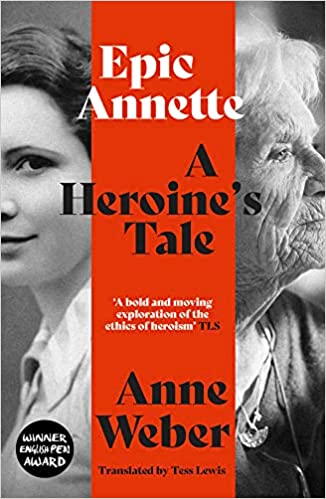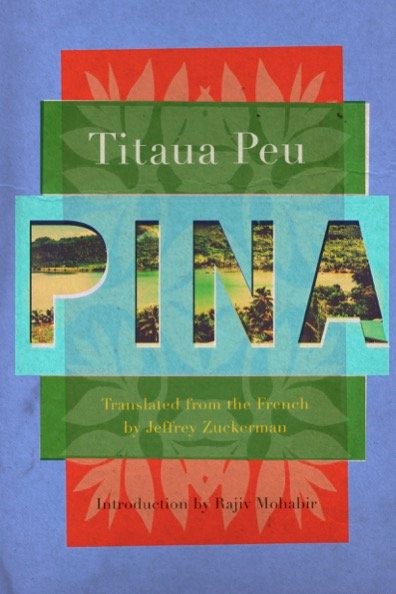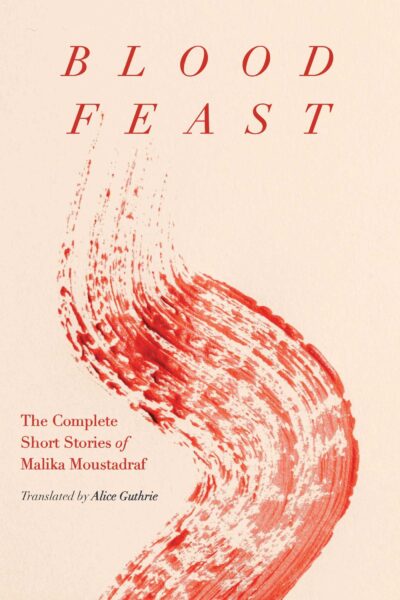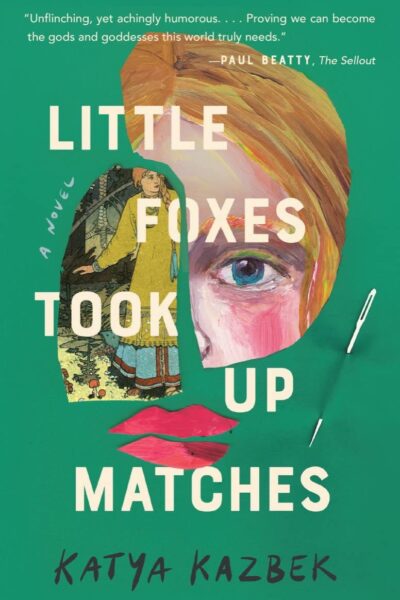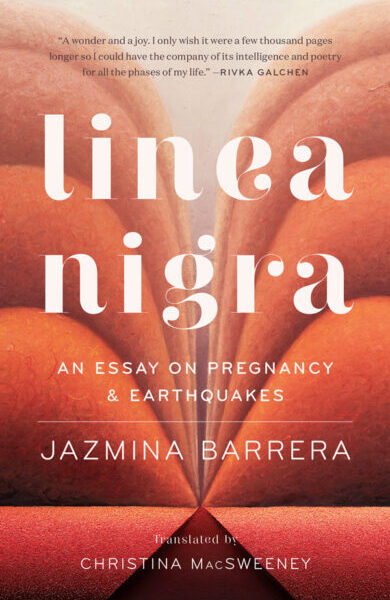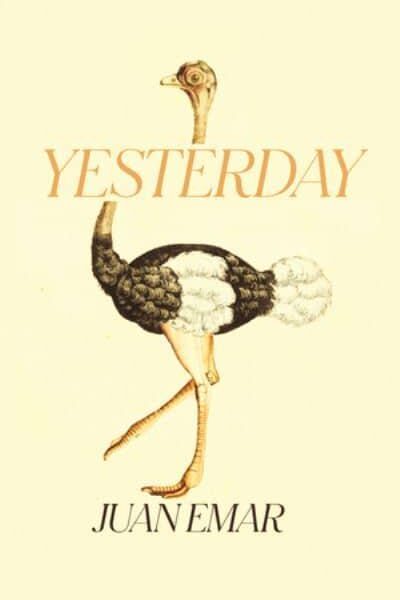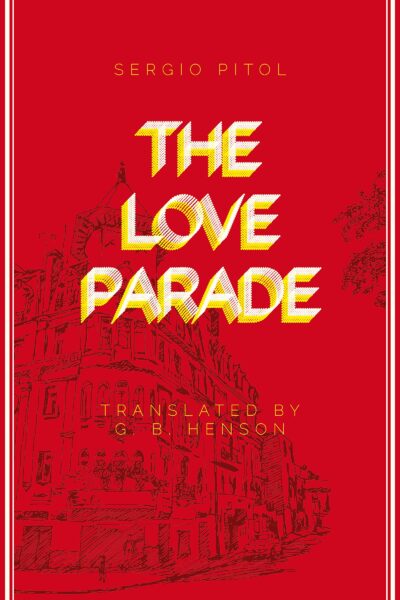Rather than gods atop Mount Olympus, the engine of dramatic irony may well be the voice of bitter experience.
In its complex imbrication of queerness and heteropatriarchy, indigenous critique and colonial discourse, Pina stages the bizarre and beautiful workings of desire.
The centering of urine rejects poetry’s traditional subjects in favor of a more egalitarian common denominator.
Blood Feast: The Complete Short Stories of Malika Moustadraf – Malika Moustadraf
Translated from the Arabic by Alice Guthrie, Blood Feast is a collection of fourteen stories that hiss and spit back at forms of unjust authority.
Little Foxes Took Up Matches – Katya Kazbek
Kazbek weaves the fairy tale’s threads into a larger queer narrative to complicate questions of gender and sexuality.
The fragments on the page show the reader what it is to try and create time in the newborn days.
Living Pictures – Polina Barskova
Barskova, throughout her career, has used her historical research as the starting point for creative works, producing opportunities to breathe new, imaginative life into an archived past.
Emar reminds us that neither in books nor in life do we ever have direct access to reality, but that this can serve as a liberating restraint, an invitation to create.
The Love Parade – Sergio Pitol
“The talk in The Love Parade is motivated by the classic structure of the detective plot.”
“In Olga Ravn’s The Employees humans and humanoids show a way forward for a calamitous earth.”


